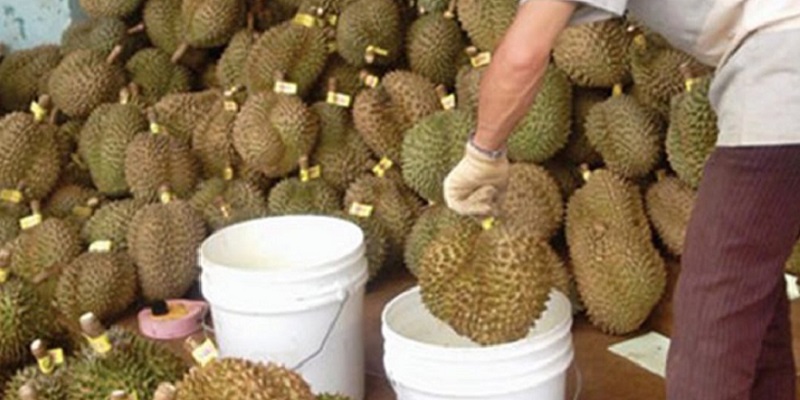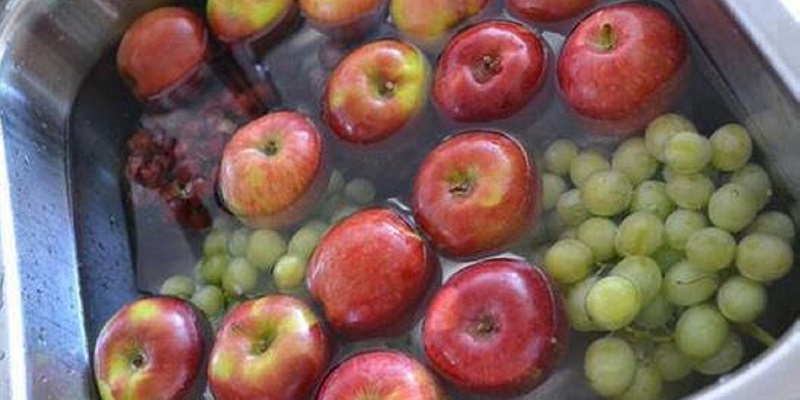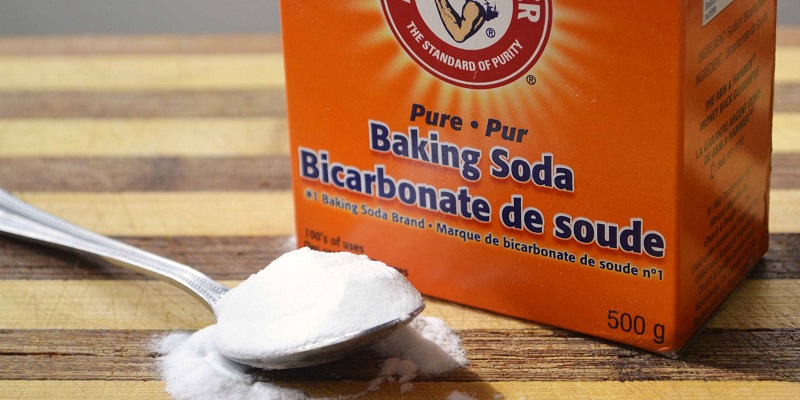The Dangers of Pesticide-Soaked Fruits

Pesticides and chemicals are often used to preserve and ripen fruits, such as CO 2,4D herbicide, chlorine-based chemicals, Carbendazim and Tebuconazol, and Ethrel. These chemicals can be extremely harmful to human health if not used properly.
– Carbendazim, for example, can cause chromosome damage and lead to cancer and infertility. Even though it is permitted in some countries in low doses, it is still a health hazard as it can accumulate in the body over time.
For the average person, Carbendazim can cause cell mutations and tumor growth. For pregnant women, exposure to this chemical can result in birth defects.

– Ethrel, while permitted in some countries, must be used strictly according to instructions regarding time and dosage, and only in its pure form. However, many people ignore these criteria and inject it directly into fruits, making them dangerous for consumption.
Exposure to Ethrel can cause excessive thirst, difficulty swallowing, vomiting, itching in the mouth, throat, and nose, and irritation to the skin and eyes. If it accumulates in the body, it can damage the liver and kidneys and lead to serious illnesses.
Tips to Remove Pesticides from Fruits Before Consumption
Rinsing fruits with water before eating is a common practice, but it only removes surface dirt and does not eliminate chemicals that have been absorbed into the fruit. The same goes for peeling the fruit.

Baking soda is the most effective solution in this case. Create a sodium bicarbonate solution by mixing baking soda with water, then soak the fruits in it for 12 to 15 minutes.
While it is impossible to remove all traces of harmful chemicals, as there are estimated to be over 100 types used on fruits, this solution can help eliminate the most common ones.
Additional Tips:
This is indeed one of the most effective methods to remove toxins from fruits. Additionally, after soaking, you can peel the fruit to further ensure its safety. Apply this method to keep your family healthy and happy! Stay safe and healthy, everyone!
Reference: suckhoe.vnexpress.net





























